Every child has a different approach towards various activities. This stands true in the case of playing as well. When children are left alone, they often tend to play with the objects from their surroundings. They make their own rules and try to show the same to their adults about their fascinating plays.
Playing is not limited to having fun. It extends to feeling and understanding different aspects of the surroundings. Whenever children recite a poem or rhyme or toss a ball in the air to catch it, they will develop their motor skills and sensory coordination.
In this article, we will understand in detail about free play and its importance in children’s development.
Free Play – Definition
Children deciding what they want to do, how they want to do it, and when to switch to something else is referred to as FreePlay. There are no goals set by adults, and it does not follow adult-created rules. While adults may provide the environment and materials for free play and participate in them, children are the ones in charge, and adults respond to their signals.
Importance of Free Play
- It lets kids express their creativity and explore their imagination.
- It promotes social interaction as they discover their surroundings.
- It boosts a child’s readiness to learn, their learning habits, and their ability to solve problems.
- It aids children in learning and practising self-control.
- It improves their decision-making abilities.
Benefits of Free Play for Children
Kids are naturally curious about their surroundings. They explore, find out, and learn about everyday objects they encounter. Parents can help by giving kids chances to interact with things that spark their curiosity. For instance, you might have seen a child with an empty toilet paper roll or a cotton ball, running around and not wanting to let it go. The best approach is to allow them to play freely and use their creativity to turn it into something fun.
For example, if a child sits down and builds a house by stacking blocks, they are using their imagination to create something unique. It is important to supervise children during free play. Make sure dangerous items like knives, sharp objects, electrical outlets, choking hazards, and chemicals are kept out of their reach.
Free play offers many benefits for kids. Some of them include their social, language, and motor development:
- Language Skill:
- Social Skill:
- Motor Skill:
When kids play with others, they talk and share different words and phrases that adults might miss. Even when playing alone, they express what they are doing, which helps them form sentences. They also learn when to talk, pause, and reply.
In free play, children develop social skills by connecting with their friends. This helps them understand what others think and learn from each other.
Several activities during free play involve running, walking, climbing, and crawling. This helps them improve both fine and gross motor skills as children engage in various movements.
Suitable Age for Free Play
Free play allows children to discover their surroundings in their style, boosting creativity and imagination. Since children tend to possess greater imagination, starting this freeplay early is highly beneficial for them. Parents should regularly encourage toddlers and preschoolers to play freely. Under supervision, it can also be introduced to babies as young as 6 months.
Encourage Free play at home
- Ensure Safety
- Talk to your child
- Offer Guidance
- Stay Connected
Make sure your child has a safe area to play. When kids play freely, they can explore and try things on their own to gain confidence. However, it’s crucial to ensure they are in a safe space. Remove any dangers from the play area and check in on them during playtime to keep them safe.
Ask your children what they want to do. Based on their answer, help set up a space where they can explore their interests. For instance, if they want to build a house, provide materials and a safe area for them to work. Think about what they might need and see what you have at home. Be creative! If they want to do a puzzle but do not have one, use a picture or a calendar and cut it into pieces for them to assemble.
If your child encounters a challenge, you can help them think of a solution by asking, “What do you want to do? How can we fix this?” But Parents should remember that they should not do everything for their kids. They just need to give hints or support so kids can think and do things on their own.
Just because your child is playing alone does not mean you can not be involved. If they want to play while you are busy, suggest something they can do independently, and then review it together afterwards. For example, ask them to write a story; even though they are still learning to write. Later on you can ask them to read the story to you and applaud them for their performance.
Tips
Below are a few tips for adults to get better involved in freeplay with a child.
- Ensure the child has a clean place to play.
- Regularly check on your child to ensure they are playing safely.
- Keep communication open and ask them what games or activities they want to do.
- If your child gets stuck, do not intervene directly. Instead, offer hints to help them figure it out.
- To promote free play at home, parents should encourage their little ones to participate in activities that are both fun and educational.
For more such informative/interesting blogs, Visit Mother’s Pet Kindergarten.

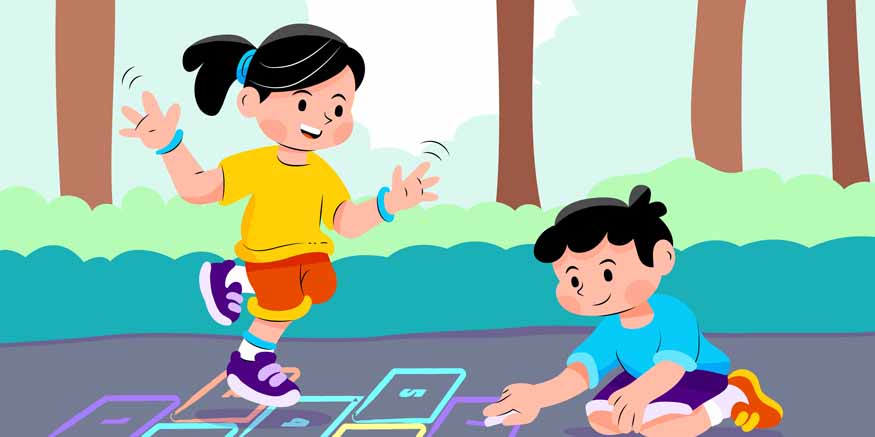
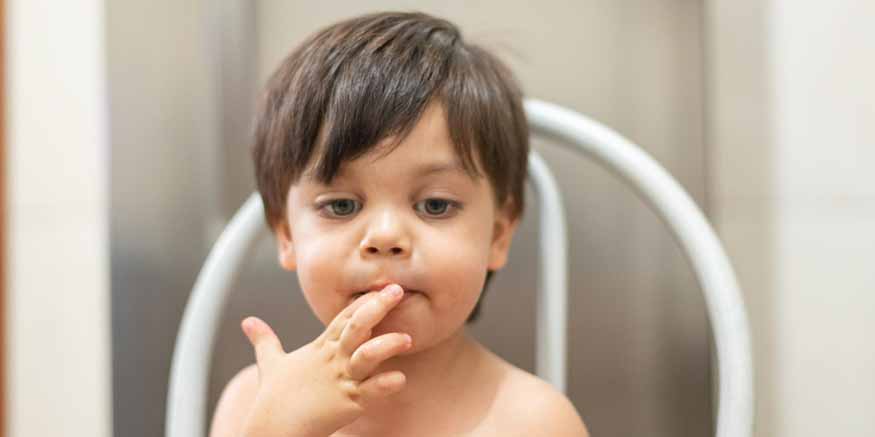

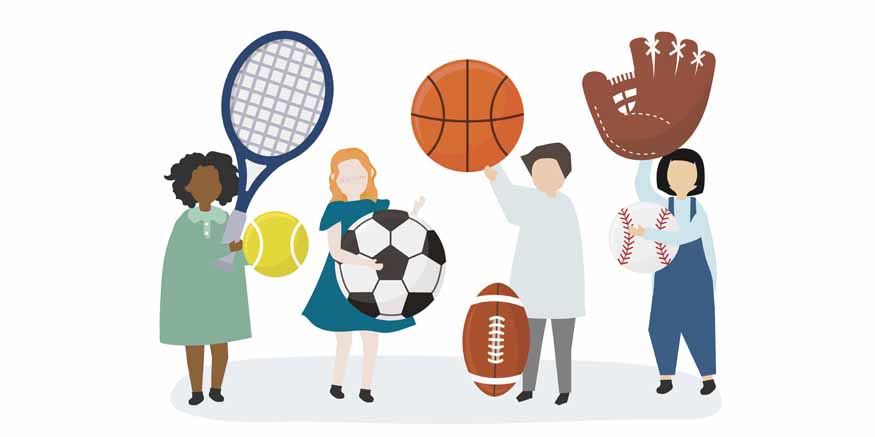

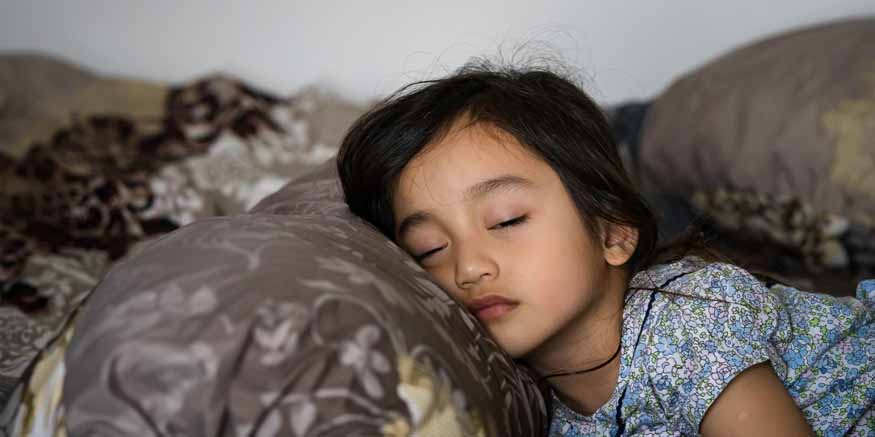
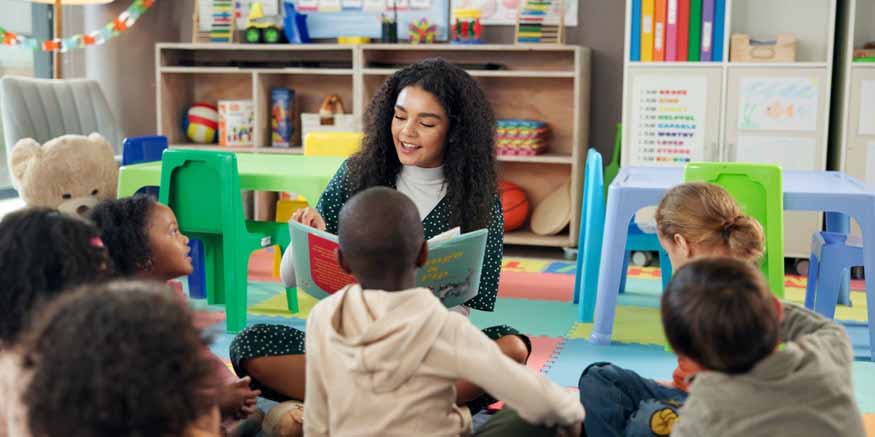
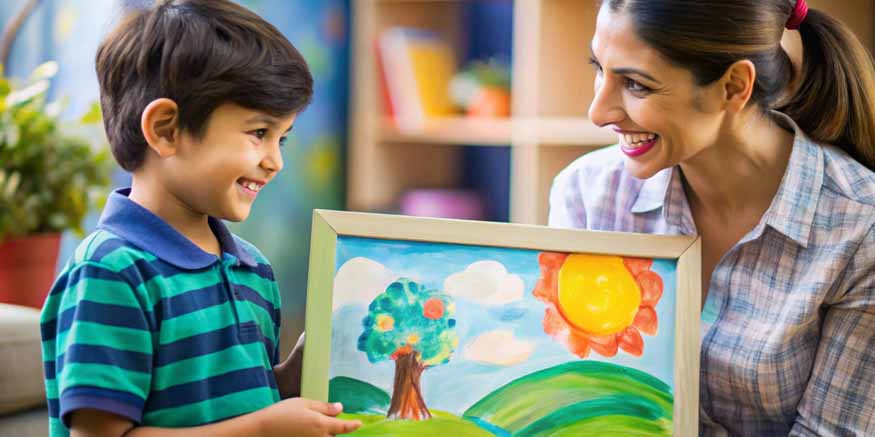
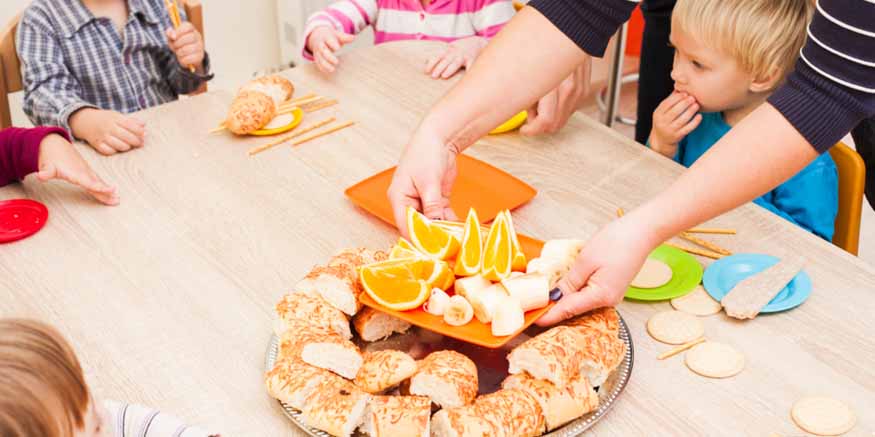

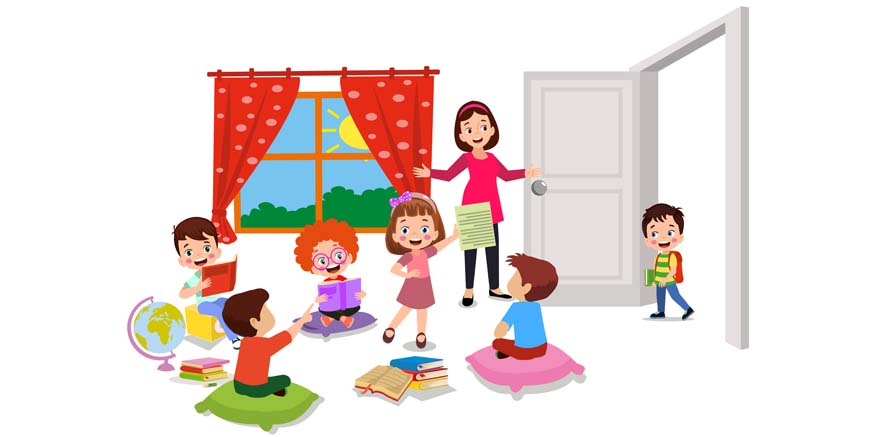
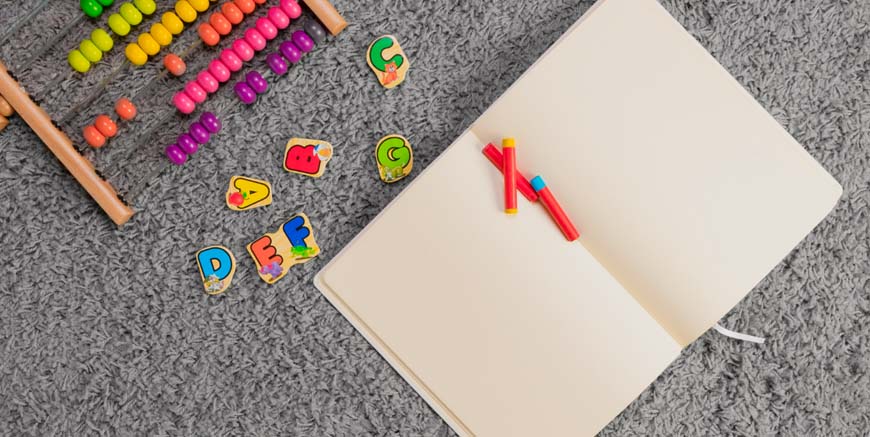
Recent Comments